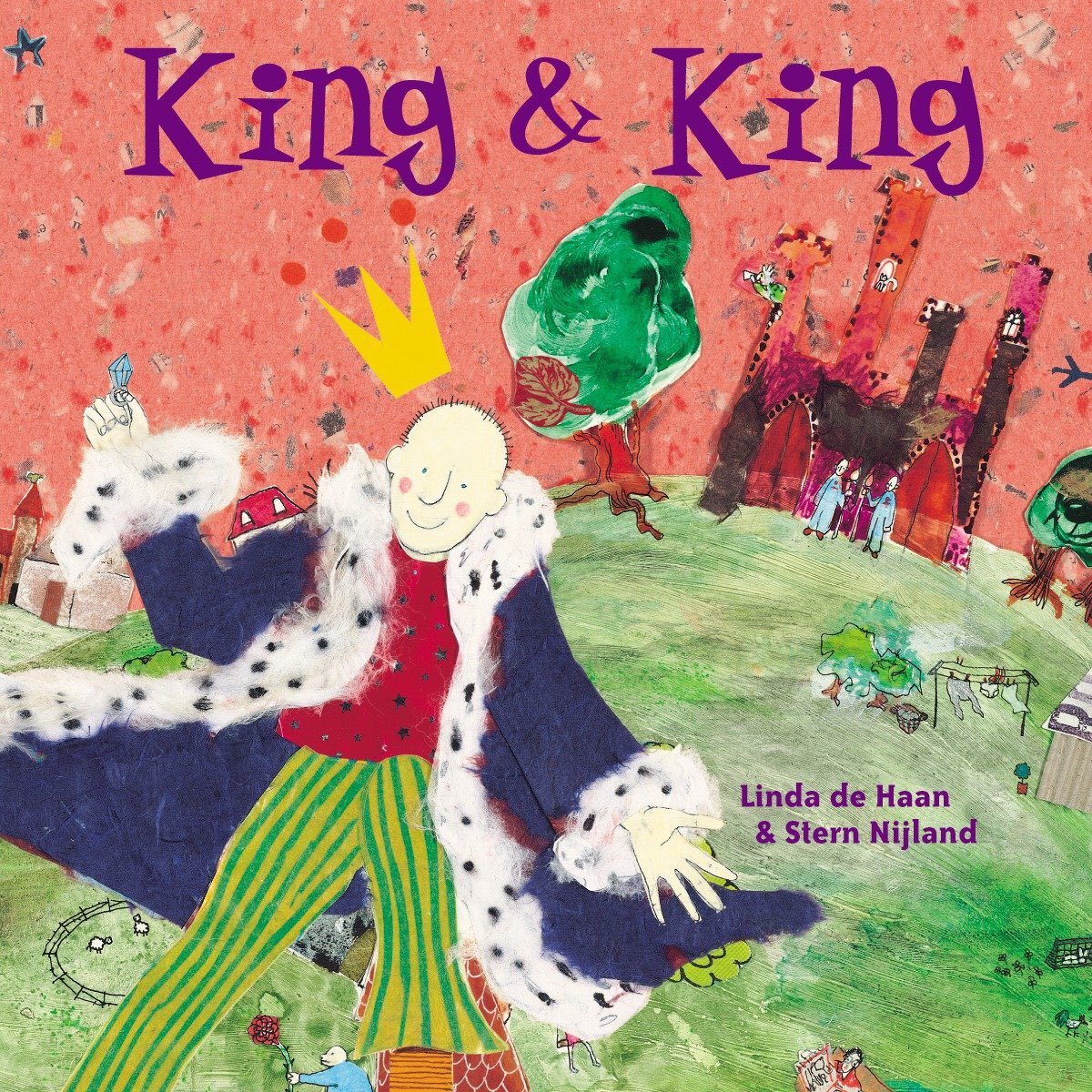
This is an incredibly important #medialiteracy thread that I want to add one note to. The data collection described here is also a contributor to radicalization. In this example, the targeted content was toothpaste, but what if dude's mom had been a...
https://twitter.com/robertgreeve/status/1397032784703655938?s=21
while supremacist or radical conspiracy theorist? (I'm sure she's none of those things, BTW). The algorithms don't care if they're pumping us full of toothpaste ads or filling our feeds with memes that encourage violent insurrection, they simply use the data we give them...
(willingly) to surround us with content that they've predicted we'll engage with. What's most important about this thread is the understanding that we don't have to search for that content, or erroneously click on something in order to tell the algorithms to give us more. As...
the thread (above) points out: we give all sorts of apps access to our location, our email addresses and other seemingly benign data in order to use their "free" products - and this is how we pay instead. As educators, this presents an opportunity and an obligation. Here are...
some steps for shaping #medialteracy instruction to reflect the world we live in:
1. Add (if not focus on) mobile devices when teaching media literacy. If we're not preparing kids to parse credibility on the devices they really use, we're not really preparing them.
2. Expand...
1. Add (if not focus on) mobile devices when teaching media literacy. If we're not preparing kids to parse credibility on the devices they really use, we're not really preparing them.
2. Expand...
"digital citizenship" efforts to include both families AND strategies for understanding how devices work.
3. Emphasize #SEL: help learners develop the habit of asking "how does this make me feel?" when analyzing info. If content (targeted or otherwise) triggers a strong...
3. Emphasize #SEL: help learners develop the habit of asking "how does this make me feel?" when analyzing info. If content (targeted or otherwise) triggers a strong...
emotion - especially one that affects the urge to engage with the content or how you feel about other people - that's a sign to press pause (instead of like, share or follow).
And finally, @dhudgins will kill me if I don't mention that we have a book...
amzn.to/2RD8lPf
And finally, @dhudgins will kill me if I don't mention that we have a book...
amzn.to/2RD8lPf
coming out this summer filled with lessons that focus on this very work. But book or no, the takeaway here is that #medialiteracy is bigger than a binary. The question is no longer "is this real or is this fake?" The questions are bigger and more complex and speak to what kind...
of people we hope to be and what kind of world we want both for ourselves and for the children who will inherit it.
Thank you for coming to my tedtalk. /end
Thank you for coming to my tedtalk. /end
• • •
Missing some Tweet in this thread? You can try to
force a refresh




